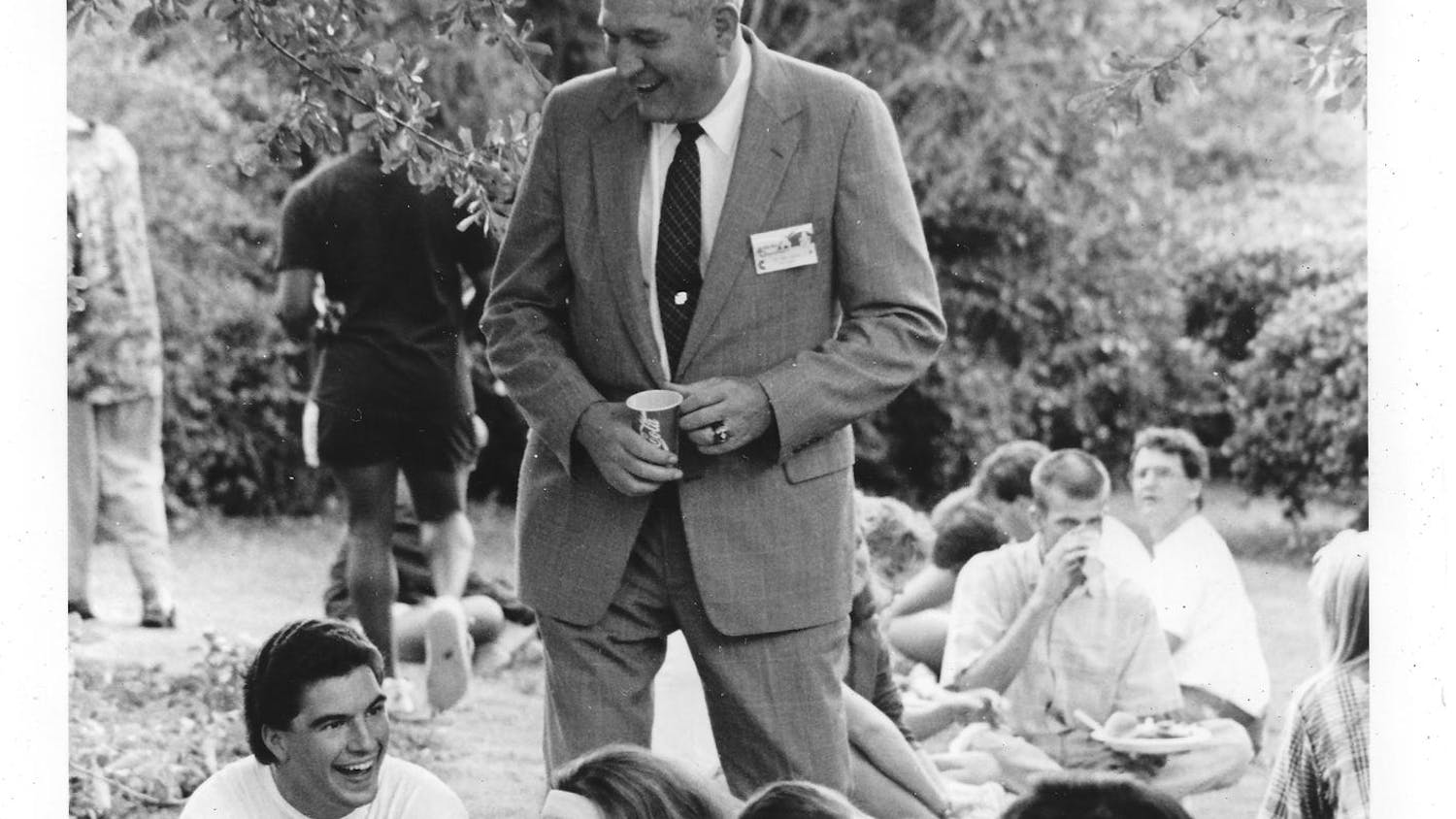There seems to be a whirlwind movement encouraging anyone and everyone to learn how to code.
It is exciting that technology’s inner mysteries are being illuminated.
However, as startups start to focus on coding, elementary schools open up computer science classes and celebrities such as Karlie Kloss and Jimmy Fallon get involved in the movement, I wonder if code is all it’s cracked up to be.
Even if one is not studying to head down a computer science track, the argument remains that code is a valuable skill.
Business professionals, graphic designers and anyone who will need to solve problems with critical thinking could benefit by learning to code.
Students can learn coding through courses available here at Auburn, and a computer science minor is offered.
It is easy to get on track at Auburn toward taking hands-on classes to learn various methods of computer programming and problem solving.
A bounty of resources outside of universities exists as well.
Sites such as Codeacademy, Code.org and Skillcrush offer programs to learn coding in a quick, simple manner.
President Barack Obama released a video in 2013 that encouraged every American to give computer science a chance.
Michael Bloomberg, mayor of New York City, tweeted in 2012 that his New Year’s resolution was to learn to code.
Taking these steps may not be for everyone, though, despite all of the promotion. Code is complex.
Public relations teams related to Bloomberg’s office say he never saw his resolution through.
Code is not for the weak — it requires a decent amount of dedicated time to learn this mathematical-based skill.
Many people don’t understand what code is or its benefits. In many cases, it is being found that the skills coding may teach the average person may be available through a simpler method.
Computer science courses consist of hours of work studying and at a computer to learn the language of the computer and how to manipulate that language to make an electronic device do what you want it to.
Algorithms, engineering, data, theory and methods must all be learned in order for code to even be grasped at the beginning level.
The workers who will shine in the modern world won’t do so because they have taken the time to grasp one specific hard skill, but because they will be able to communicate, present or think clearly — soft skills.
Practicing writing by keeping a journal, taking a moment to analyze or identify problems in your daily life or sharing a cup of coffee with someone who thinks differently from you are all slightly simpler and less time-intensive ways to push your brain to its limits.
Context is the key of this argument. The scenarios surrounding the frenzy of code promotion are vague.
Even by identifying there was a flaw in this push for everyone to code, that coding only should apply to certain situations, I was able to exercise my problem-solving skills and sharpen my thinking.
If you’re up for the challenge, I encourage you to utilize the resources around you to learn to code.
However, it will not be the end-all be-all of your employment or future success.
Rachel can be reached at intrigue@ThePlainsman.com.
Do you like this story? The Plainsman doesn't accept money from tuition or student fees, and we don't charge a subscription fee. But you can donate to support The Plainsman.




